Search
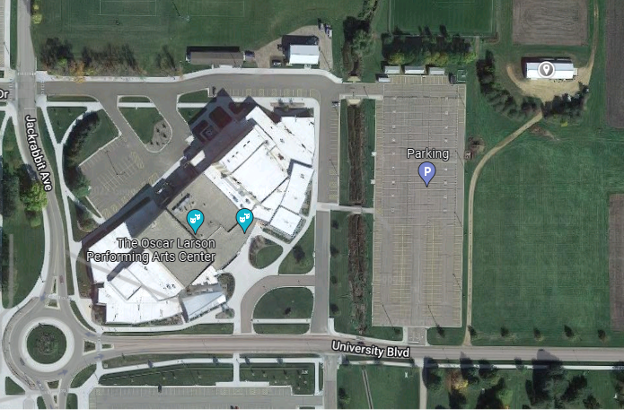
SDSU Extension to host third annual Specialty Crop Field Day in Brookings
September 06, 2023
South Dakota State University Extension’s horticulture team invites everyone to attend the 2023 Specialty Crop Field Day.
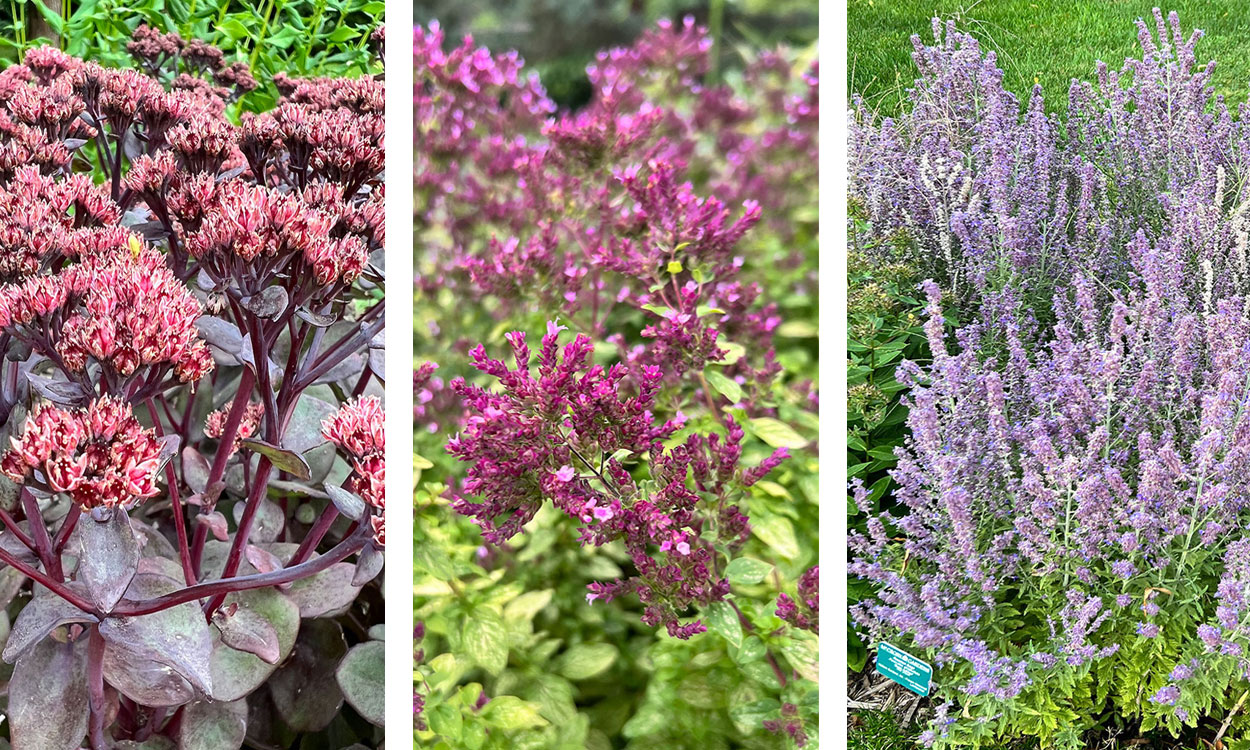
A Look Back at Top-Performing Perennials From the 2022 McCrory Gardens Trial
Are you looking for new ideas of what to grow in your garden? Take a look at six of the top-performing perennials as judged during the 2022 growing season at McCrory Gardens.
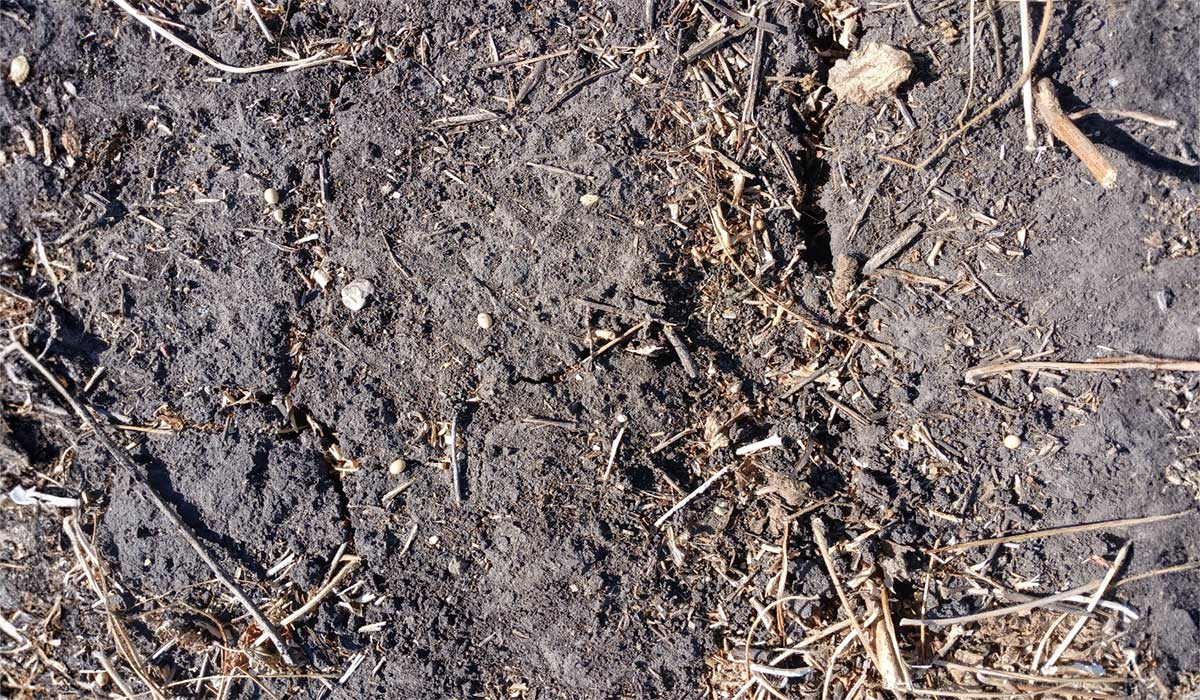
Fall Tillage: Please Don’t Think About It
Conducting fall tillage results in lost topsoil, soil nutrients, and soil moisture. This ultimately leads to reduced soil productivity and profitability. An easy way to conserve topsoil and water resources is to skip fall tillage.

Soybean Production: Cost-effective pest management practices
Chemicals were one of the most expensive individual costs in soybean production, behind only to seed in the non-land cost category. The average cash-rent soybean production farms incurred a crop chemical cost of $39/ac in 2015, an 88% increase from 2010.
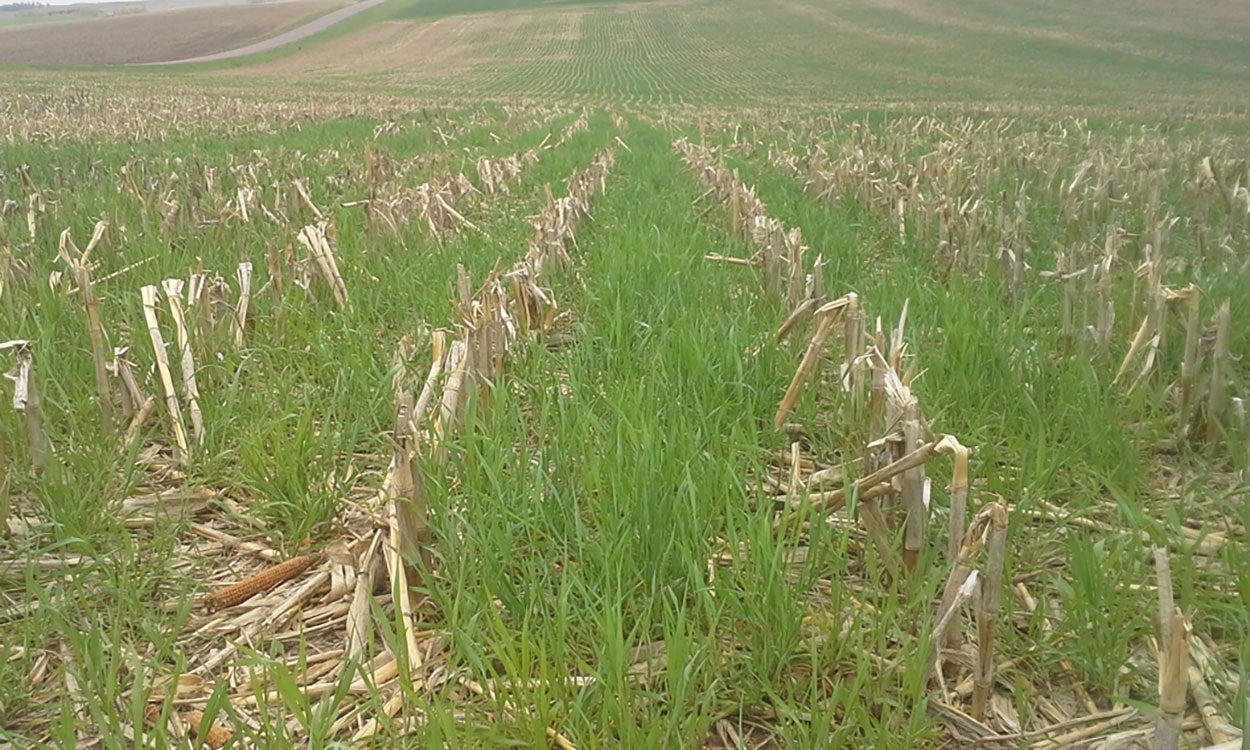
Thinking Cover Crops? Winter Rye Between Corn and Soybean
Although the 2021 growing season in has been impacted by widespread drought and record-high temperatures, recent rain events have brought planting cover crops back into the conversation.
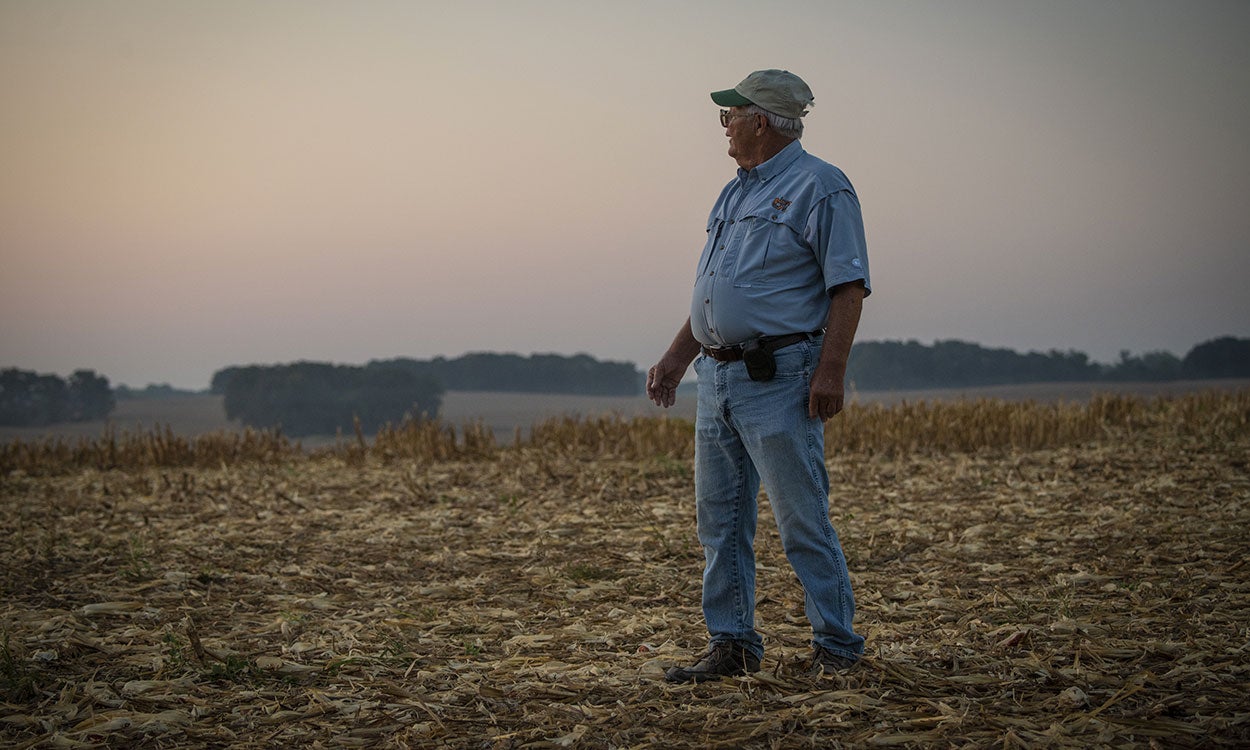
Farming Practice Comparisons in South Dakota: A case study across the fence and implications for the future
This extension study intends to provide some new insights on the financial and carbon storage comparisons between neighboring farms using conventional farming versus conservation practices (mainly no-till and cover crops).
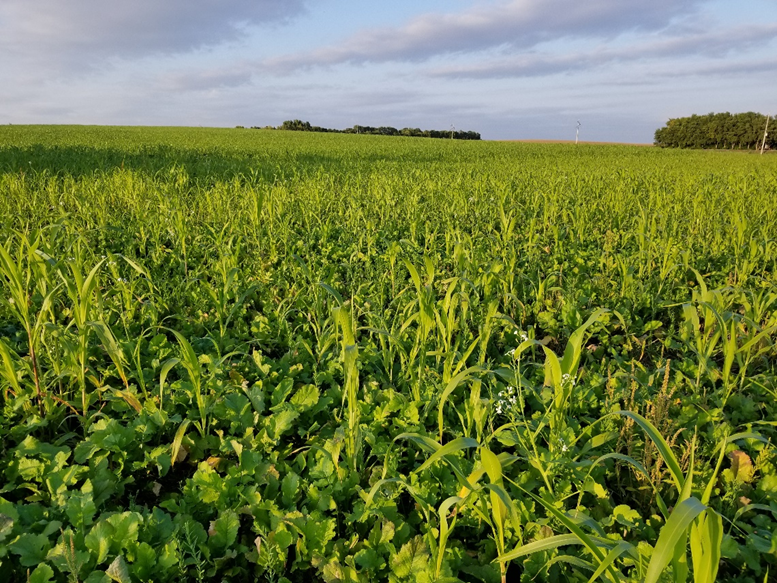
South Dakota Land Use Trends (2012-2017)
Significant education efforts for natural resource conservation have occurred in South Dakota during the last five years. Many stakeholder groups have brought awareness for soil health and water quality to the forefront.
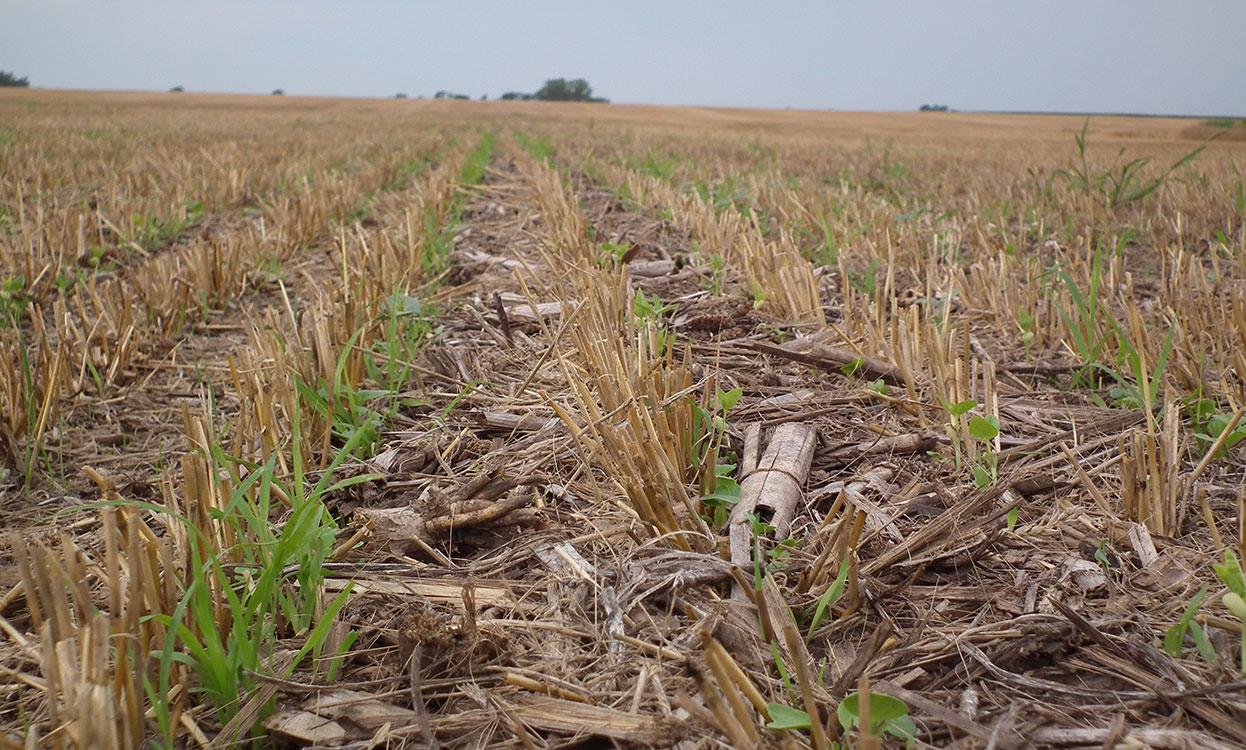
Soil Organic Matter Matters: How Conservation Practices Bring Value to Farmers
Conservation management practices, such as conservation tillage, cover crops, crop rotation and livestock integration, help improve soil health over time and offer producers numerous economic benefits.
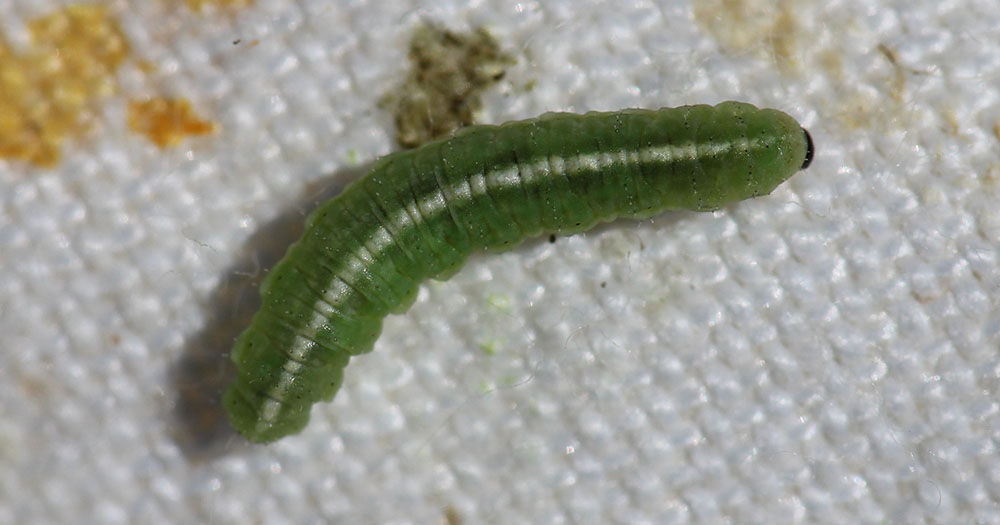
Alfalfa Weevil Activity Prediction Update: May 20, 2021
This week we accumulated degree days for alfalfa weevils at a rapid rate. As a result, we observed many areas of the state potentially move through more than one larval life stage.
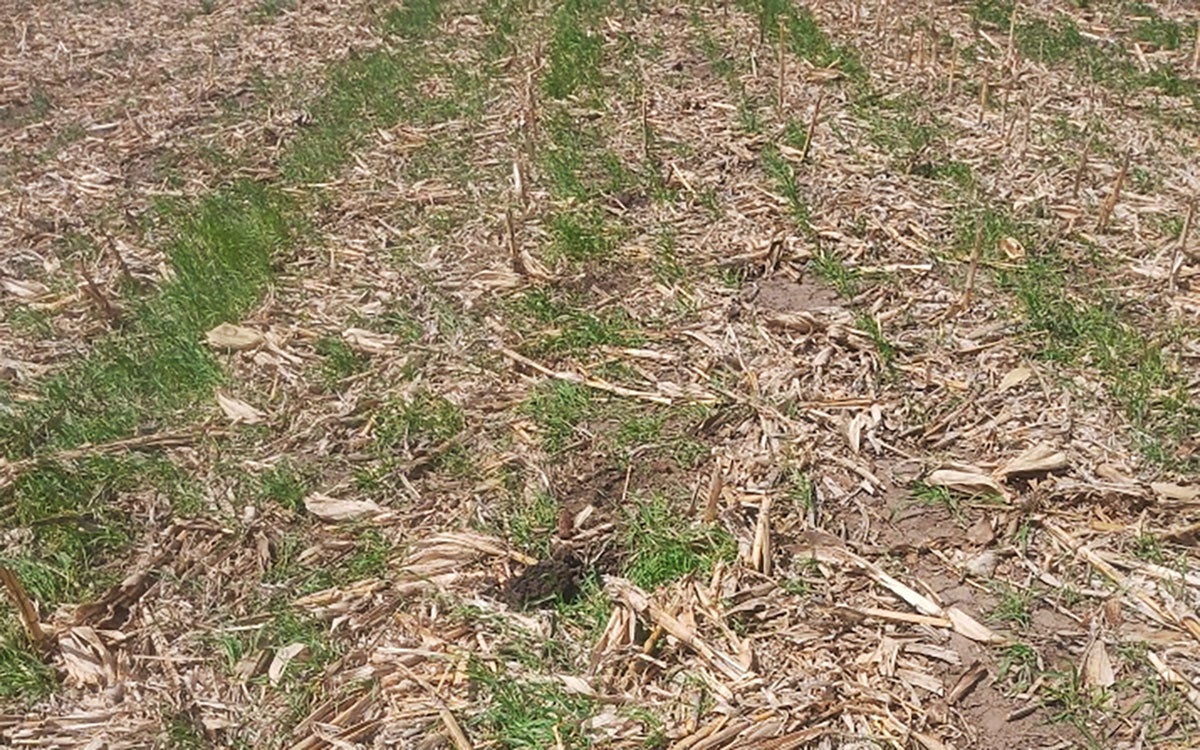
Effects of Different Cereal Rye and Winter Camelina Seeding Rates on Biomass Production and Soil Properties When Broadcast Seeded
Benefits to soil health generally increase as cover crop biomass production increases. Recent research sought to determine how the seeding rate of two cover crop species and mixtures affected biomass production and some soil health indicators.